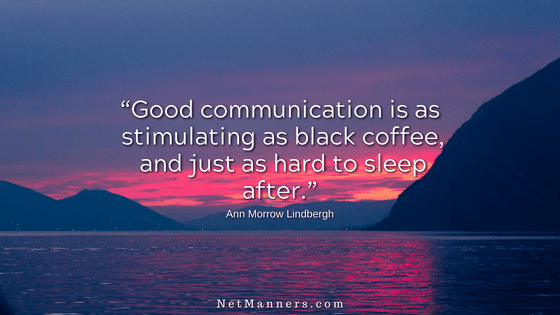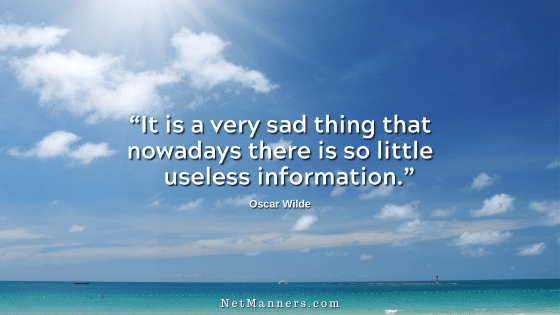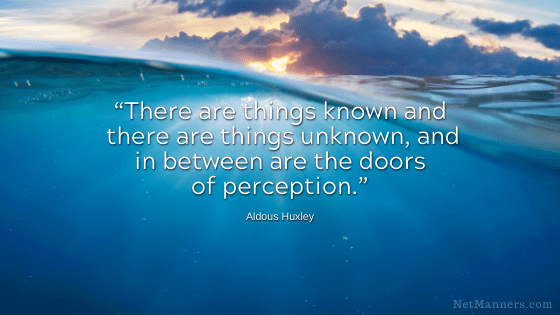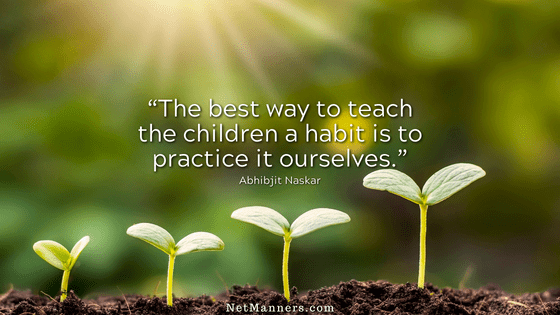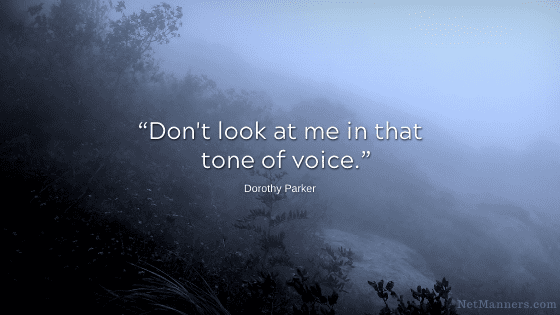How to Not Fall for Modern Propaganda
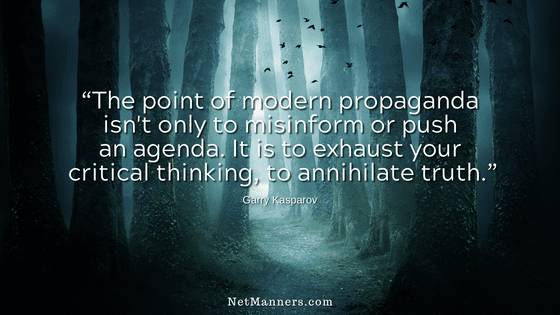
Just because it’s online doesn’t make it true!
Before you forward or regurgitate things you see online, do your due diligence and make an effort to verify the information. No matter how salacious or how badly you want that information to be accurate, you may be surprised how often it is propaganda.
I pride myself on being informed. But I can’t be about everything — nor can you. For some, it is easier to fall in line and believe what the group-think mob wants you to think.
But don’t you want to know what the facts are?
Investigate Don’t Propagate
We live in a time when more information is at our fingertips than ever. But that doesn’t mean that the data is legit. Instead, we stay in our tribes and follow that lead. Is that to be popular or so we can fit in?
Or are you trying to show the world what a <insert here: virtuous, caring, trendy, cool…> person you are? None of that matters if you have no credibility because you forward myths, hoaxes, or plain old B.S..
If you care what others think about you, you want to be someone who speaks from a point of knowledge and credibility. You want to use your critical thinking.
But, on the other hand, if you don’t care what people think about you, at the very least, don’t you care about being misled? Allowing yourself to be fooled speaks volumes, also.
From the emails forwarded to you by “friends” to social media on commendable topics to even the comments and blog posts from those you know or from sites you frequent. Never assume that that information is factual or legitimate.
Doing so is irresponsible and a bit lazy, considering you have the resources to separate the wheat from the chaff. Facts are facts regardless of which side they may or may not favor.
That is if you want to know the truth.
Sadly, it appears more and more folks really do not care about the truth. It is their choice if they want to live their lives in willful ignorance. But that’s not for me.
Even information you find on “well-known” websites should be questioned. Everything. Some of the biggest names can’t be trusted to give you all the facts. You often don’t get the entire story, or they are on one side or the other and propagating the desired narrative.
I find factual errors on some of the most known websites. The reality is many have an agenda, and it isn’t you knowing the truth. Regardless of what “side” you are on, you need to realize this.
Everything you read or see online must be put through a “smell test” to ensure its legitimacy before you act or react and include it in an email, comment, social media, or blog post. There is no such thing as blind trust online.
How do you vet facts in a day that is prevalent with misinformation?
By taking the time to read and check multiple sources. Not just the sources you know are all “on the same page.” Venture out, be daring, and check out the other side.
Use. Your. Brain.
Review any information objectively to determine if it is presented in a balanced, reasonable, and unbiased manner. You need to learn how to recognize bias when you see it. (Even if it is your own.)
Do the statements, claims, or assertions seem irrational or preposterous? Be honest. Note any conflict of interest that may have influenced the arguments being made.
Is the source known for being one-sided? Seek out the other side and make up your own mind.
Have some curiosity, and don’t be a lemming. Find out for yourself what the underlying truth may be. While you may not like the truth, why would you want to believe otherwise?
Don’t Fall for Modern Propaganda
Bookmark VerifyThis.com to help double-check email, social media hoaxes, and Internet scams. Then, use it as part of your effort to double-check anything that gives you a reason to pause or question.
Critical thinking is a skill that you need to work at continually and hone. Double-check if the information sounds too good to be true, ridiculous, or one-sided.
By doing so, you join those intelligent and savvy onliners who don’t believe everything that is fed to them online or that lands in their inbox because you choose to think for yourself.

